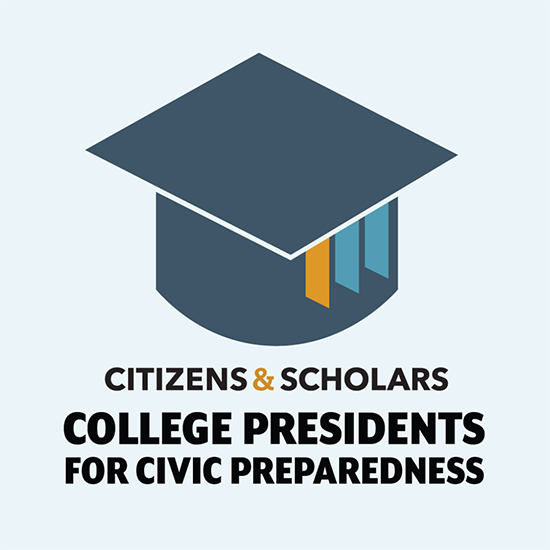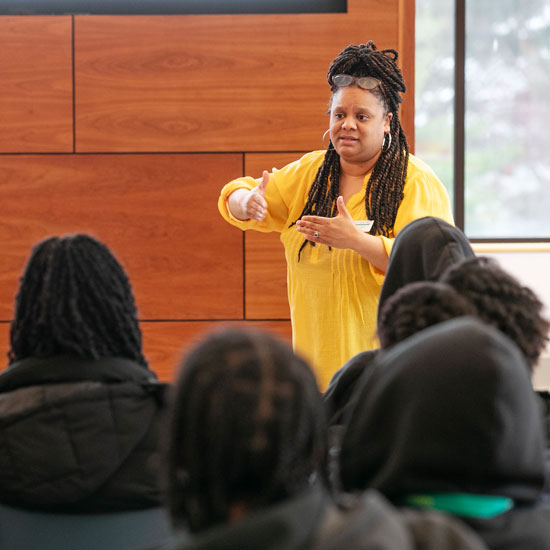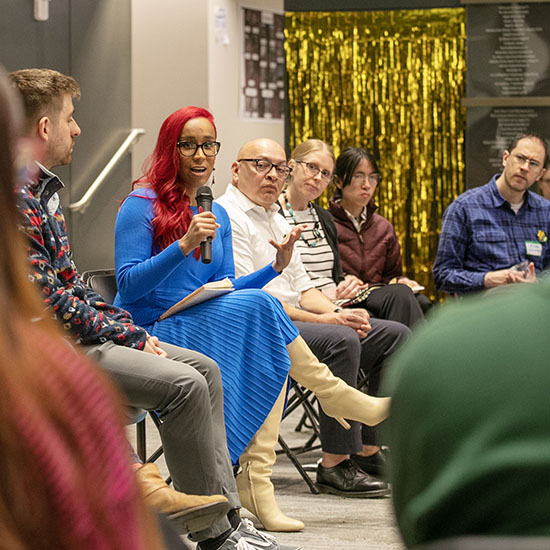Costa Rica's environmental policies to be topic
“Accounting for Carbon, Valuing Nature in an Era of Climate Change” is the title of a talk to be delivered Wednesday, March 26, by David Lansing of the University of Maryland, Baltimore County.
Free and open to the public, the talk will begin at 7 p.m. in Gannett Auditorium, Palamountain Hall.
Lansing will consider the role of carbon offsetting in Costa Rica’s effort to become a “carbon neutral” nation by 2021. He explains, “Carbon offsets are a market-based policy in which landowners are compensated for the carbon sequestration benefits their forested land provides. This policy has been promoted as achieving triple ‘win’ objectives of climate mitigation, rural development, and halting deforestation.” He will discuss the practices and techniques that are employed to render a forested landscape into a carbon commodity that can be bought and sold. In addition, he will show the limits of what such practices can accomplish and the consequences of this policy for marginalized land users. Lansing argues that carbon offsetting, as it is currently constituted in Costa Rica and elsewhere, is unlikely to achieve its stated aims. He said, “Nevertheless, the Costa Rican case shows us that the policy architecture put in place to facilitate offsetting holds the potential for a reimagining of environmental policy that is both socially just and ecologically sound.”
A geographer who researches the intersection of conservation policy and rural livelihoods, Lansing draws on political ecology, science and technology studies, and theories of agrarian change in his work. His research aims to explain how conservation policy is formed and implemented, and the effects it has on land use and the livelihoods of small farmers. He work mostly in Costa Rica, but he also has ongoing research in Maryland’s Eastern Shore, and has conducted research in Honduras. Most of his empirical work is centered on “market based” conservation policies such as carbon offsets and ecosystem service payments. He has used a combination of quantitative surveys, qualitative interviews, archival work, textual analysis, remote sensing, GIS, and ethnography in his work.
Lansing earned a bachelor’s degree in philosophy at the University of Wyoming and holds master’s and doctoral degrees from Ohio State University. He is an assistant professor of geography and environmental systems at UMBC.


